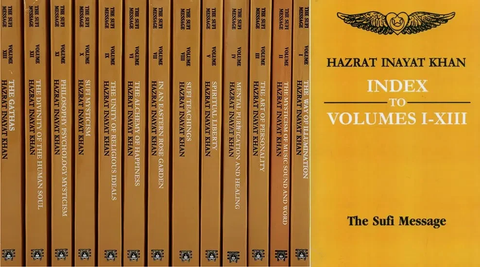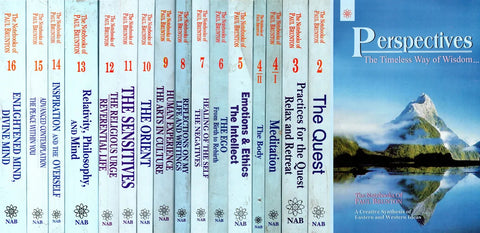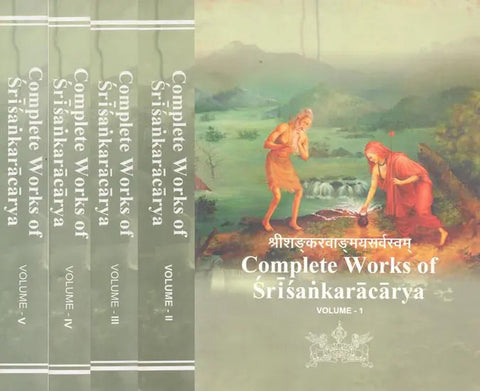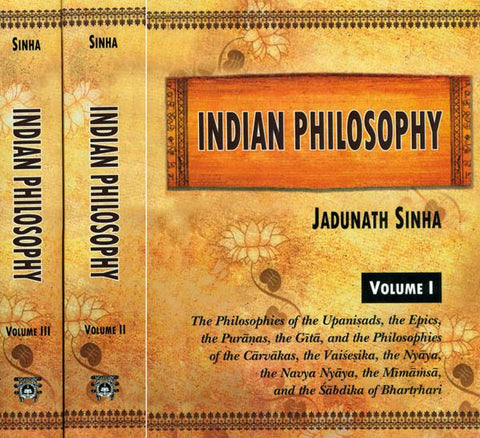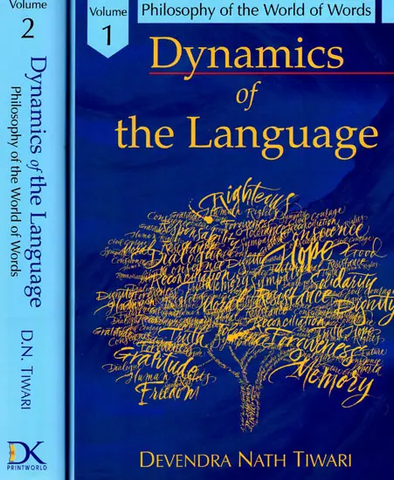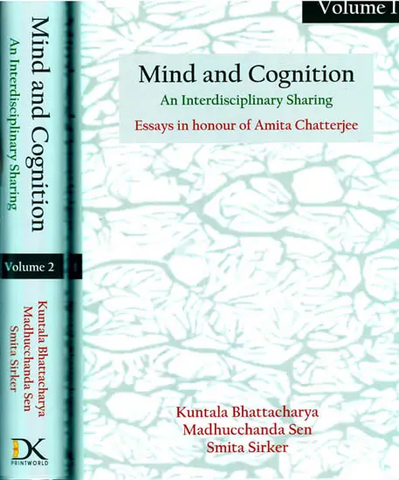Your cart is empty now.
This book, with a foreword by Dr. Kapila Vatsyayan, incorporates Prof. Maurice Friedman's lectures, discussions, and exchanges which took place in the Intercultural Dialogue at many levels. The integral dialogical approach of Prof. Friedman within the framework of the human image, coincided with the holistic vision of the ongoing work at the IGNCA.
Prof. Friedman's major contribution to philosophy is in providing continuity to the new dialogical trend of thought. There was a time when philosophy was conceived as purely thought-oriented, self-oriented, and too far removed from the existential, natural order of human existence. The image of a man that emerged from this abstraction was also a conceptual 'I'. The new trend gives priority to existence, experience, and an image of the human that precedes and develops through the other. This experiential framework gives an orientation to philosophical anthropology, philosophy of art, philosophy of social sciences, philosophy of religion, and moral philosophy. It rejects the distinction between first-order and second-order level and sees thought and reflection as the process of existential becoming of the human
Professor Friedman's original contribution to philosophy may be indicated at different levels: 1) Developing a complete yet open-ended dialogical framework by pointing to the image of the human as central; 2) Bringing out, in a thoroughgoing way, the implications of the image of man for moral philosophy. This existential ethics, which is different from Sartre, is of great significance in our times: 3) Suggesting a new philosophy of literature by stressing the human image as a direction and stressing the human image as direction and not as an ideal in the literary works of Aldous Huxley, T.S. Eliot, Hermann Hesse; and, 4) Pointing to the important dimension of dialogical psychotherapy and the relationship between the therapist and the client is central; and, it is this meeting alone which may heal the atrophied personal center.
About the Author
Dr. Friedman is now a Professor Emeritus of Religious Studies, Philosophy, and Comparative Literature at San Diego State University. Some of his works are Martin Buber: The Life of Dialogue; Problematic Rebel: Melville, Dostoevsky, Kafka and Camus; The Worlds of Existentialism: A Critical Reader; Touchstones of Reality; Martin Buber's Life and Work (in three volumes); The Healing Dialogue in Psychotherapy; Dialogical Approach to Religion ad Human Experience.
Dr. S. C. Malik is a UGC Professorial Research Scientist in Anthropology affiliated to the Centre for Contemporary Studies, Nehru Memorial Museum and Library, New Delhi. He was for many years at the M. S. University of Baroda and the Indian Institute of Advanced Study in Shimla; and also a Fulbrith-Smith-Mundt scholar at the University of Chicago. His major works include: Indian Civilization-The Formative Period; Understanding Indian Civilization - A Framework of Enquiry; and Modern Civilization - A Crisis of Fragmentation.
Dr. Pat Boni, Senior Lecturer in the Department of Religious Studies, at San Diego State University, is a close associate of Prof. Friedman. She holds a Ph. D. in Religion from Temple University, Philadelphia, and has taught for twenty years in many colleges in the U.S.S. She has contributed many significant papers on religion, existentialism, and literature.
| Foreword ----Kapila Vatsyayan |
v | |
| Preface ----S. C. Malik |
ix | |
| Introduction ---Maurice Friedman |
1 | |
| Maurice Stanley Friedman | 3 | |
| 1. | Martin Buber's Philosophical Anthropology | 7 |
| 2. | Dialogical Psychotherapy | 41 |
| 3. | The Dialogue of Touchstones! | 73 |
| 4. | Restoring Relational Trust: The Confirmation of Otherness in Family Community and Society |
99 |
| 5. | The Healing Partnership: Biofeedback Pain Therapy | 131 |
| 6. | Maurice Friedman's Discussion Paper | 153 |
| 7. | Dialogue | 161 |
| 8. | Intercultural Dialogue: Meeting or Mismeeting? | 283 |
| Participants | 285 | |
| Index | 287 | |
Delivery and Shipping Policy
- INTERNATIONAL SHIPPING
- Rs.1000-1100/kg
- ESTD. Delivery Time: 2-3 weeks (depending on location)
- Bubble Wrapped with Extra Padding
- NATIONAL SHIPPING
- NCR: Rs. 30/half kg
- Standard: Rs. 80/half kg
- Express shipments also available on Request
- ESTD. Delivery Time: Ranging from 1-4 days up to 7 business days (Depending on your choice of Delivery)
- TRACKING
- All orders; national or international, will be provided with a Tracking ID to check the status of their respective orders
- Depending on the Shipping Service, Tracking ID may be used on their respective tracking portals
Frequently Asked Questions (FAQs)
Domestic Shipping: 3-4 Days (after shipping)
International Shipping: 1-2 weeks (based on your location)
You will receive an email once your order has been shipped or you can email us if you didn't receive tracking details (info@mlbd.co.in)
Every book that we sell is the latest edition except all the rare books
Yes, we do provide free shipping, only on domestic orders (within India) above Rs.1500









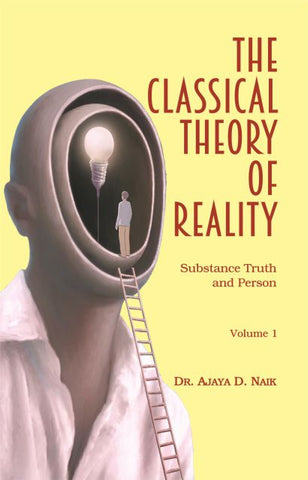
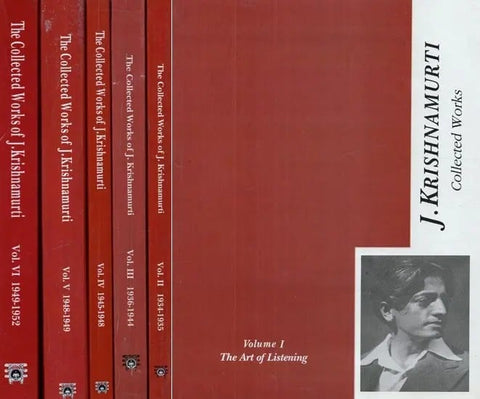

![A HISTORY OF INDIAN PHILOSOPHY [5 VOLUMES] by Surendranath Dasgupta](http://www.motilalbanarsidass.com/cdn/shop/products/HISTORYOFINDIANPHILOSOPHY_large.jpg?v=1675238163)
